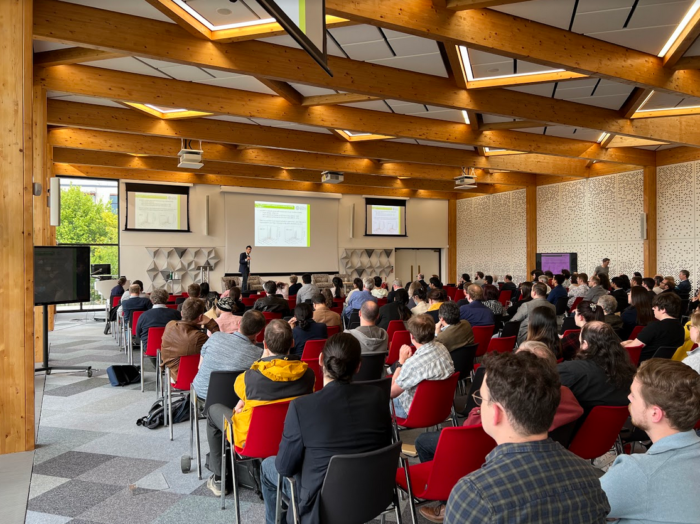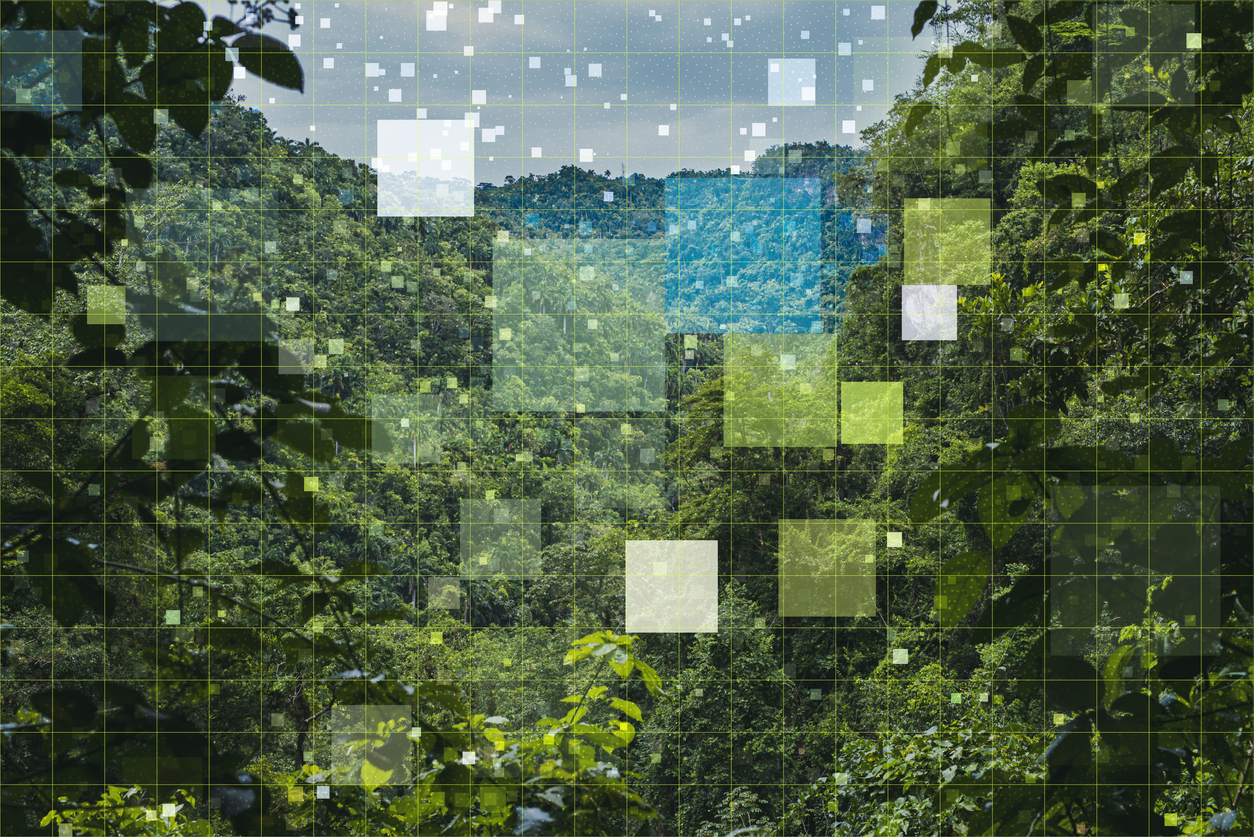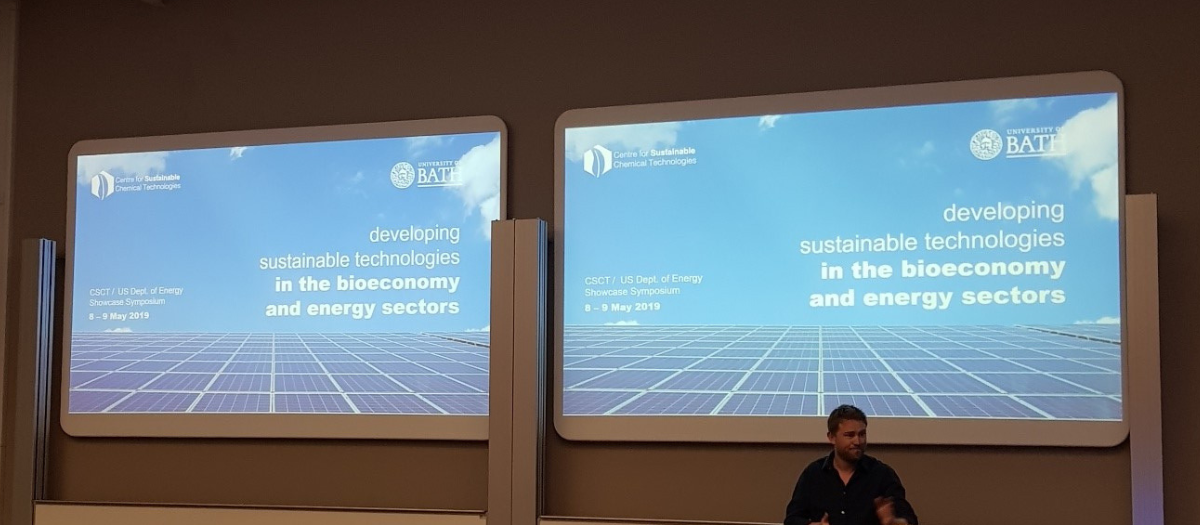
National neutron scattering prize awarded to Dr O’Malley
In April 2022, Dr Alexander O’Malley received the BTM Willis prize for outstanding neutron scattering science by the UK Neutron Scattering Group –his second national award in less than six months– in recognition of his novel and influential applications of neutron spectroscopy in catalytic science.
The BTM Willis prize recognises outstanding contributions by early-career scientists in the field of neutron scattering. In 2022, the prestigious award was made to Dr Alexander O’Malley, CSCT researcher and Whorrod Fellow at the University of Bath.
Dr O’Malley was nominated for the award by ISIS scientist, Professor Stewart Parker, who has worked with Alex since 2015 – first as co-supervisor and later as collaborator. “Despite its great potential, quasielastic neutron scattering (QENS) has remained greatly underused in catalysis for almost two decades,” Stewart remarked. “Through numerous research outputs combining molecular simulations with neutron techniques, Alex has led the re-emergence of QENS in the field of catalysis and furthered the dynamic catalysis research programme at ISIS.”

Dr O’Malley delivering his Willis Prize lecture at the UK Neutron & Muon Science and User Meeting (NMSUM) 2022
Alex began using neutron techniques during his PhD under the supervision of Professor Sir Richard Catlow, while based at the UK Catalysis Hub and ISIS Neutron and Muon Source. During this time, he developed a research program publishing a number of articles exploring the dynamical behaviour of reactive species in microporous catalysts, with a focus on commercially relevant processes. After receiving his PhD from University College London in 2016, Dr O’Malley undertook a post-doc at Cardiff University, and was awarded the Ramsay Memorial Fellowship to investigate nanoscale molecular mobility in microporous materials for public health applications. Alex now leads a research group as Whorrod Research Fellow at the University of Bath. In his research, Dr O’Malley employs neutron methods, among other experimental and simulation techniques, to study molecular behaviour in porous materials for processes that range from industrial catalysis to emerging drug delivery and decontamination technologies.
Throughout his research career, Alex has developed strong links with industry, including a long-standing collaboration with sustainable technologies company, Johnson Matthey (JM). JM scientist, Dr Andrew York, supported Alex’s nomination. “I have worked closely with Dr O’Malley for over five years, since our initial meeting during his PhD inspired an important project based on neutron scattering in collaboration with JM. Dr O’Malley’s use of neutrons to study molecular behaviour in porous catalysts is an exciting area of research, which we have found provides unique information, not obtainable using other techniques. For JM, this completely new research activity enabled us to gain greater insight into our emissions control catalysts, while also allowing us to evaluate new lines of research with neutron techniques. I am very proud of the quality of the research we have published together.”
To date, Alex has published over 30 research papers, many of which involve neutron scattering techniques. Alex’s excellent track record has led to several national awards, including the British Zeolite Association’s Founders Award for the best PhD student in UK microporous science and, more recently, the prestigious UK Catalysis Hub Sir John Meurig Thomas Catalysis Medal, which recognised the significant, real-world impact of his work with neutrons.
The BTM Willis prize is named in honour of Professor Terry Willis – founder of the UK Neutron Scattering Group and the Harwell (later Oxford) School of Neutron Scattering. Since 2001, the IOP Neutron Scattering Group and the Faraday Division of the Royal Society of Chemistry have awarded the prize annually to an early career researcher in recognition of a single outstanding piece of work, or a longer-term coherent body of work, in the application of neutron scattering to a significant problem in physics, chemistry, materials science, earth science, the life sciences, or engineering, or alternatively in recognition of a major development in neutron scattering instrumentation or techniques. Commenting on Alex’s nomination for the Willis prize, Professor Sir Richard Catlow, said that Alex’s “work is exactly the imaginative and novel use of neutron techniques that Terry Willis would have admired.”
Professor Matthew Davidson, CSCT Director, said: “On behalf of CSCT and the Department of Chemistry at Bath, I would like to congratulate Alex warmly. His contributions to neutron scattering in the context of catalysis are deservedly recognised and I look forward to the ongoing developments as the technique gains popularity.”
Dr O’Malley delivered his Willis Prize lecture at the UK Neutron & Muon Science and User Meeting (NMSUM) 2022, which was held at the University of Warwick from 25 – 27 April 2022.







